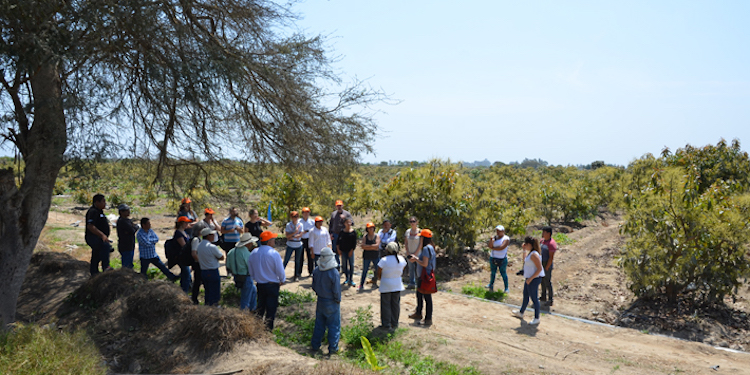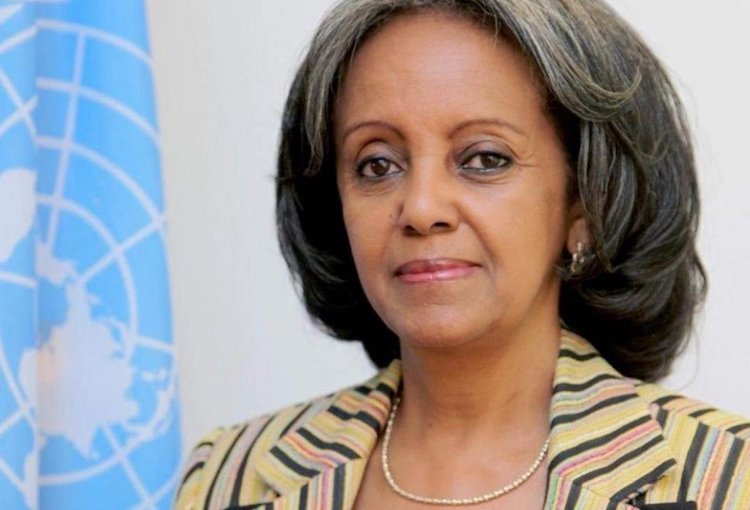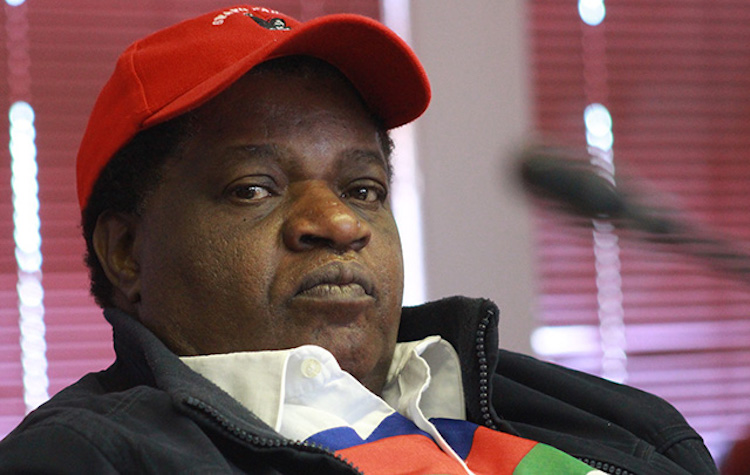By Lisa Vives, Global Information Network NEW YORK | KINSHASA (IDN) – As election day nears in the troubled Democratic Republic of the Congo, the seven leaders of the opposition seemed settled on one person to challenge the handpicked candidate of President Joseph Kabila – but differences unexpectedly arose. The agreement to back Congolese lawmaker […]
Huge Heist by Ghanaian Bank Officers Worse Than Feared
By Lisa Vives, Global Information Network NEW YORK | ACCRA (IDN) – Depositors may want to steer clear of banking in Ghana while over a dozen bank officers and shareholders face claims they lent themselves millions of dollars but failed to repay. Business Ghana, a local news outlet, reported that 13 shareholders and directors of […]
Insurance Essential for Sustainable Development – But Billions Still Losing Out
By Kwame Buist LUSAKA, Zambia (IDN) – Billions of uninsured individuals, families and small businesses are exposed to risks which can result in catastrophic losses, delegates to the 14th International Microinsurance Conference (IMC) on ‘Inclusive Insurance for Emerging Markets’ in Lusaka were told. Despite encouraging signs of increased insurance cover uptake in some markets, climate […]
Nigeria’s Presidential Candidate Abubakar Hires Trump’s Campaign Strategist
By Lisa Vives, Global Information Network NEW YORK (IDN) – Cash money makes things happen. That’s an expression taken from the Urban Dictionary but it may also be the hope of Atiku Abubakar, candidate for President of Nigeria with the opposition Peoples Democratic Party (PDP) which just hired Donald Trump’s lobbying firm at an astronomical […]
Africa’s High-Tech Path to Energy Inclusion
Viewpoint by Ben Good* The author is CEO of Energy 4 Impact, a London-based non-profit organisation working with local businesses to extend access to energy in Africa, particularly East and West Africa. LONDON (IDN) – Digital technologies are helping sub-Saharan African countries tap new sources of capital as they seek ways to close the energy […]
Gabon Draws the Focus as Longtime President is Hospitalized
By Lisa Vives, Global Information Network NEW YORK (IDN) – Balloons and fireworks will have to wait as the longtime President of Gabon has been hospitalized at the King Faisal hospital in Riyadh, Saudi Arabia, suffering from severe fatigue. The party of President Ali Bongo Ondimba had just “coasted to victory” in a second round […]
UN Cheers Sahle-Work Zewde’s Election as First Female President of Ethiopia
By Lisa Vives, Global Information Network NEW YORK (IDN) – “Congratulations Madam President! Women do make a difference. We are proud of you!” That was the excited message from María Fernanda Espinosa Garces, President of the United Nations General Assembly, to UN Under-Secretary-General Sahle-Work Zewde on her election as the first female president of Ethiopia. […]
South Africa Needs Tackling Air Pollution Hot Spots Urgently
By Lisa Vives, Global Information Network NEW YORK (IDN) – The world’s largest air pollution hotspot is not where you might think. No, it’s not in New Jersey. But if you said South Africa you’d be right, according to a newly-released study by the environmental group Greenpeace. With coal and transport as the two principal […]
Southern Africa Turns to Groundwater to Counter Climate Change
By Jeffrey Moyo CHIMOIO, Mozambique (IDN) – As the blazing heat of the sun beats down on her, 25-year-old Maria Sinorita from Chimoio, a Mozambican town lying approximately 100 km east of the country’s border with Zimbabwe, struggles to draw water from the well in her yard. For Sinorita, even the water she is drawing […]
Land Deal with Russian Billionaire Causes a Stir in Namibia
By Lisa Vives, Global Information Network NEW YORK | WINDHOEK (IDN) – The Namibian government has leased four farms for 99 years to a company, Comsar Properties SA, owned by a Russian billionaire, Rashid Sardarov. Valued at USD$3 million and measuring a total 42,000 acres, the farms were registered as state property by the land […]










